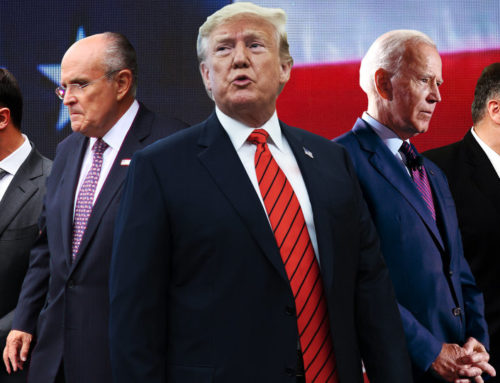As explained in an earlier blog, the term Management Responsibility has gone and been replaced by Leadership. This reinforces the fact that a quality management system will only work if it is embedded into routine business operations, rather than operating as an independent system in its own right with its own dedicated management structure.
This change in terminology is an important one, and the following definitions explain why:
Responsibility – a duty or obligation to satisfactorily perform or complete a task that one must fulfil, and which has a consequent penalty for failure (BusinessDictionary.com).
Leadership – a process of social influence, which maximizes the efforts of others, towards the achievement of a goal (BusinessDictionary.com).
The inference is that senior managers must themselves influence, promote and demonstrate by word and deed that the quality management system is important to their organisation. The new standard uses terminology like “promoting”, “taking”, “engaging” or “supporting” inferring that these activities must be undertaken by senior management themselves, as opposed to delegating to others as has so often been the case.
Clause 5 enhances policy requirements. It sees one of the roles of senior management as being to ensure that their organisation’s quality policy and objectives are compatible with the strategic direction of their organisation, and that it is applied throughout the organisation. If the quality policy and quality objectives have been accepted as the organisation’s policy and objectives then the means of achieving these will naturally be discussed by the senior management team. If the quality policy and quality objectives are seen as belonging to the quality manager or department then it will be difficult to gain the involvement of senior management.
This concept is supported by another new requirement in this clause which is to make sure that the requirements of ISO 9001:2015 are integrated “. . . into the organisation’s business processes”, not just the quality processes.
The requirement for a Management Representative is no longer specified. This doesn’t mean that the role is no longer required, of course you may still need a management representative, or a team of them, who can embed ISO 9001 principles and practices into your “normal” processes. They’ll need to have good change management skills to make this happen.
I love this change because it emphasises the very important role that senior managers must play if their management system is to add value to their organisation. I see too many systems that are a burden to organisations, a drain on resources, and the one thing that they all have in common is a lack of support from senior managers. Senior managers make the final decisions, the big decisions. They provide the resources and the strategic direction. Without their leadership the management system won’t address the bigger issues. It simply won’t work.
If you’d like some guidance or need a sounding board please email me at liz.cole@groweq.com.au. Alternatively, visit my website where you’ll find free information to download.





